Welcome to my blog
Grow & Scale A Business That Will Set You Free
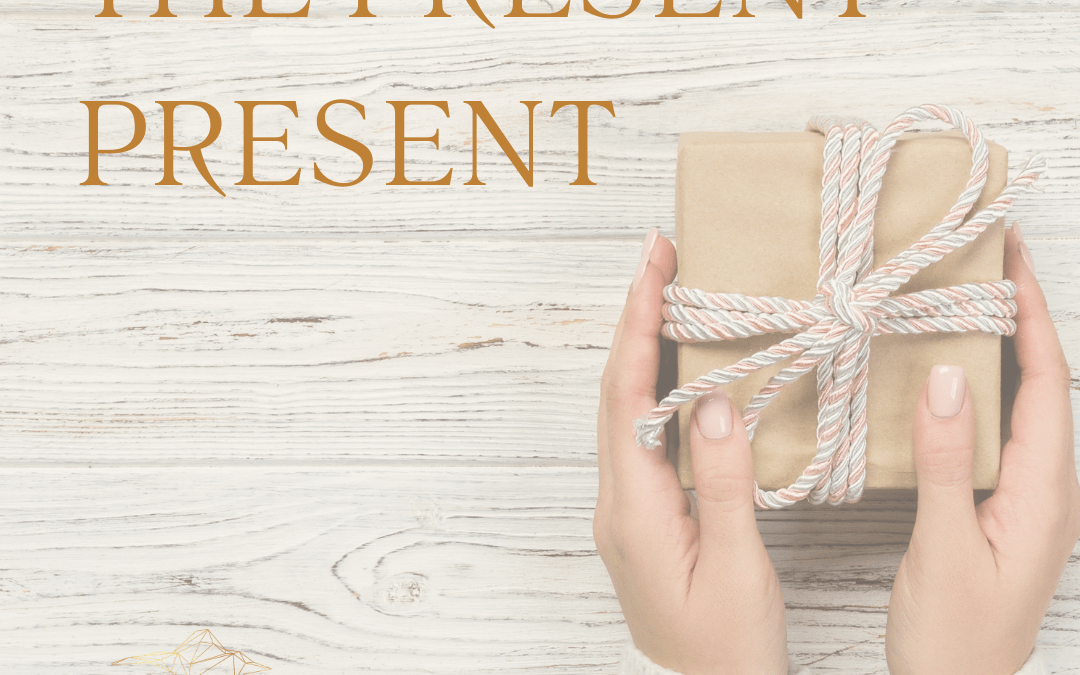
The Present Present
The present is called the present because it’s a present!
Your full presence is the greatest gift that you can give to another human being.
Your full presence is the greatest gift you can give yourself.
Because this moment – this one and only precious moment – is the only moment there is.
Be here now.
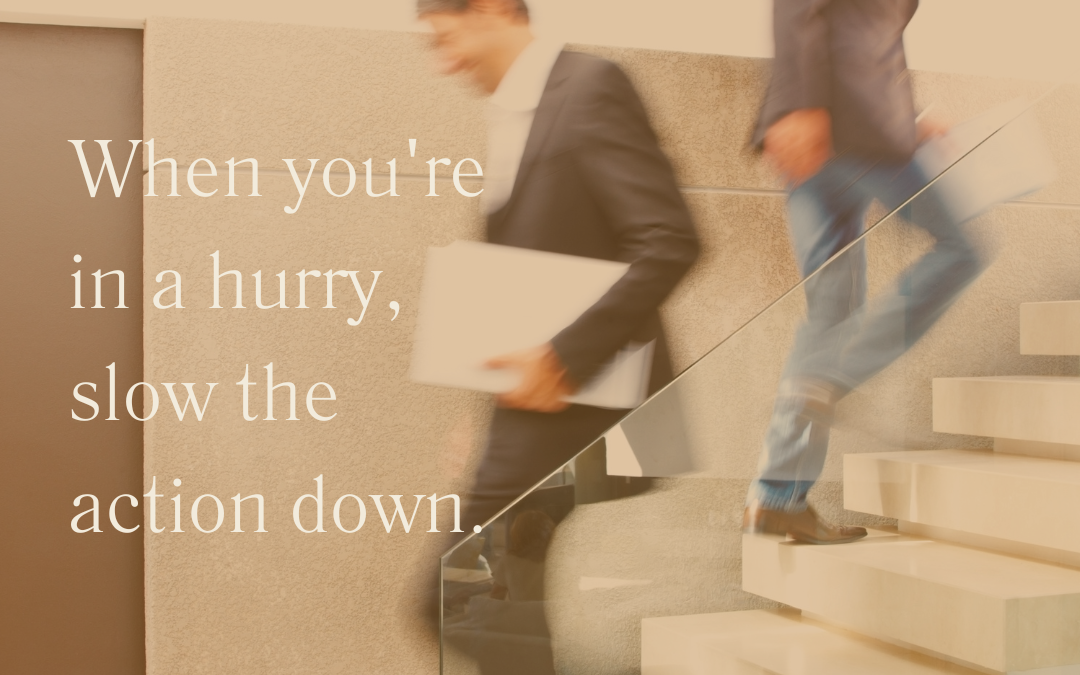
Dress Slowly
When you’re in a hurry, dress slowly.
A really good mindfulness mantra, attributed to Napoléon in battle.
A mantra I use in the mounatins.
Good for daily life too!
Slow is smooth and smooth is fast.
When you’re in a hurry, slow the action down.
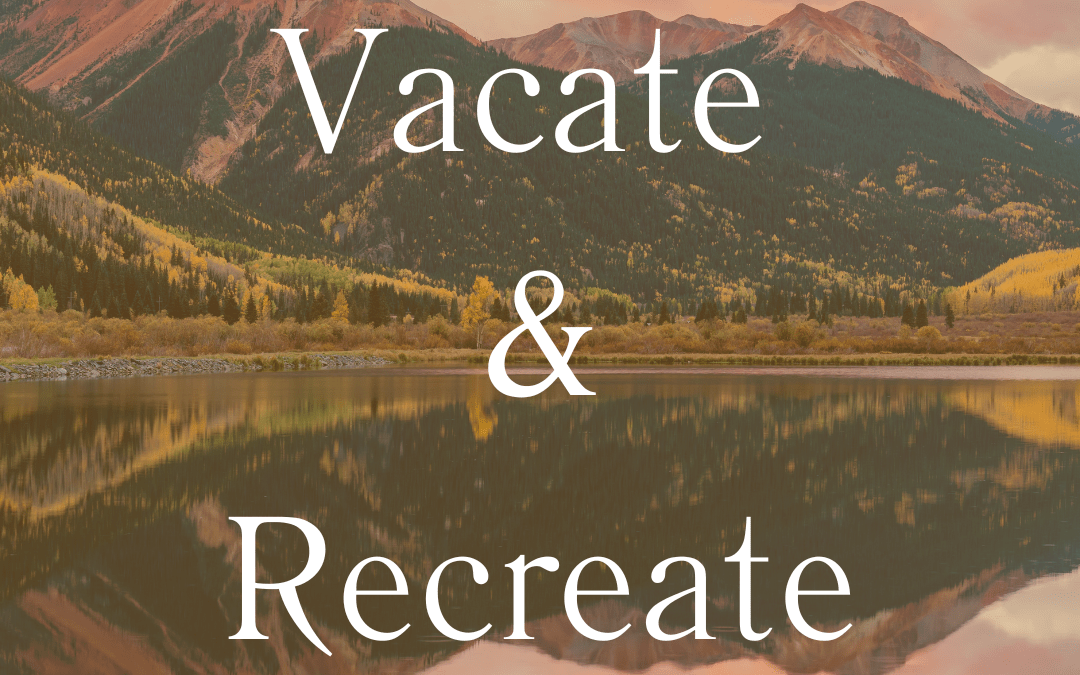
Vacate and Recreate
Will you take one?
A real one?
I’m talking about a real vacation.
Where you actually get away. Away from the office, away from work, away from the screen, away from email, away from social.
Away from the slipstream of your life.
So that you can rest, and restore, and recreate.
I say a real one. Because way too many people take pretend ones.
“A working vacation,” which is decidedly not a vacation. Because when you continue to dip in and out of work, you deprive yourself of that opportunity to step completely out of the vortex; and reconnect with that deepest part of yourself.
To reconnect with your heart, and soul, and spirit.
To ground yourself again.
Getting away – really getting away – is essential for your wellness and wellbeing.
It is only from a place of deep rest, and recreation that you can sustain the important work you are called to do in the world.

How To Burn Out Faster
People love hacks. And this is a good one.
It will help you burn out faster.
Now, many people would like to avoid burning out.
But not all.
So listen in; and take notes!
If, by chance, you do want to avoid burnout, then, well, toss out your notes.
Focus on doing one thing at a time.
Focus on being present.
It’s the greatest gift that you can give yourself, your clients and customers, and those you love.

Mindfulness and Your Shoes
You probably move at the speed of life; which these days is likely way too fast.
Like a tiny silver ball in an arcade machine, you ricochet all day long. Bouncing against all of the competing demands. You end up exhausted and depleted only to wake up and do it all over again.
And along the way, you can lose sight of why any of it really matters.
It’s not just about your shoes; or your car keys; or your grocery list; or the appointment you forgot about.
It’s about the magic moments, which is every moment in this brief gift that is your life.
Don’t miss the moments.
DOWNLOAD your FREE BOOK!
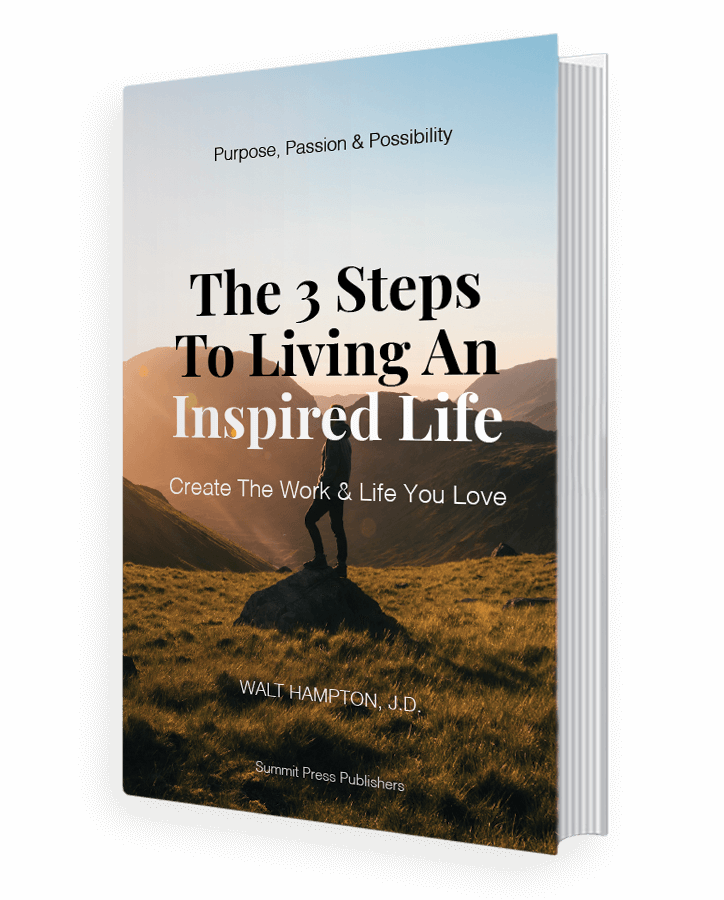
DOWNLOAD Your Free E-Book NOW! Click Below And Get Going!
Click below for your copy of Journeys!
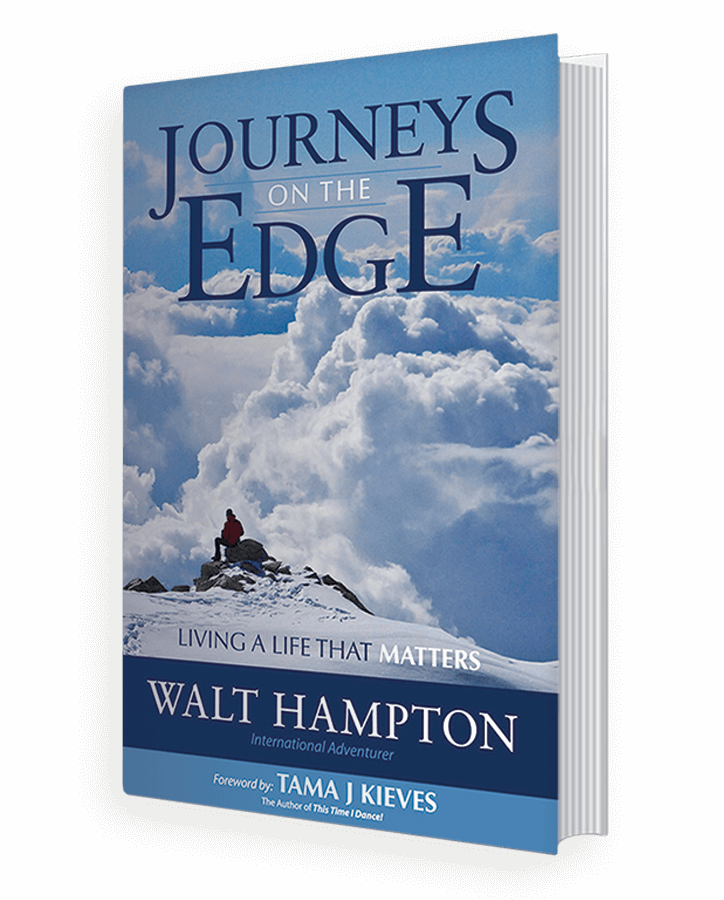
You’ll Get A Signed Copy!
Click on the button for your copy of my brand new book “The power principles of time mastery!”
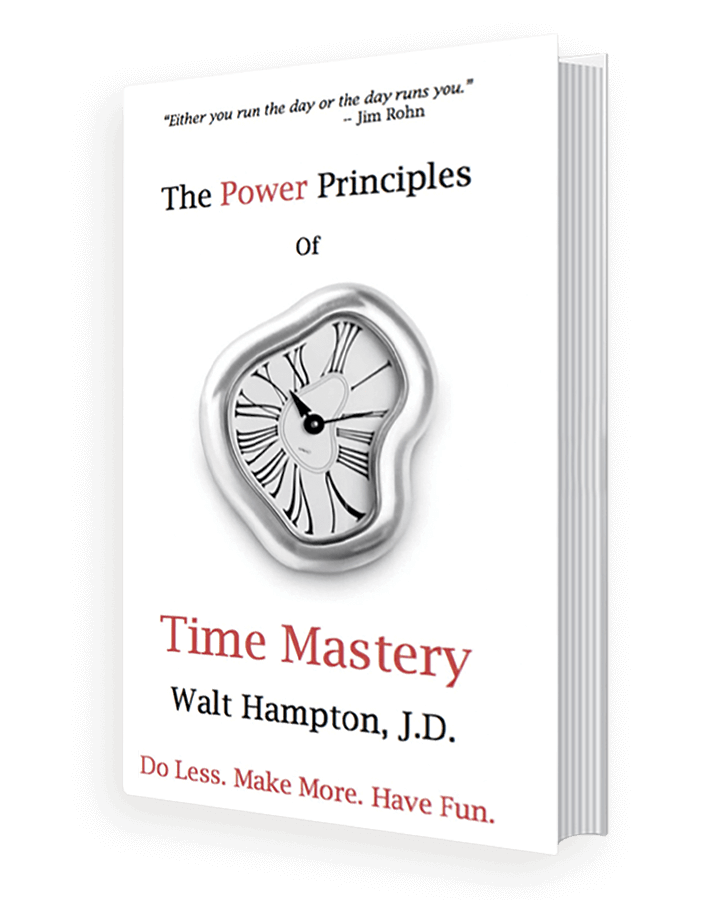
You’ll Get A Signed Copy!
Categories
Adventure
Finding The Way
Journeys
Leadership
Success
Ultra Training
